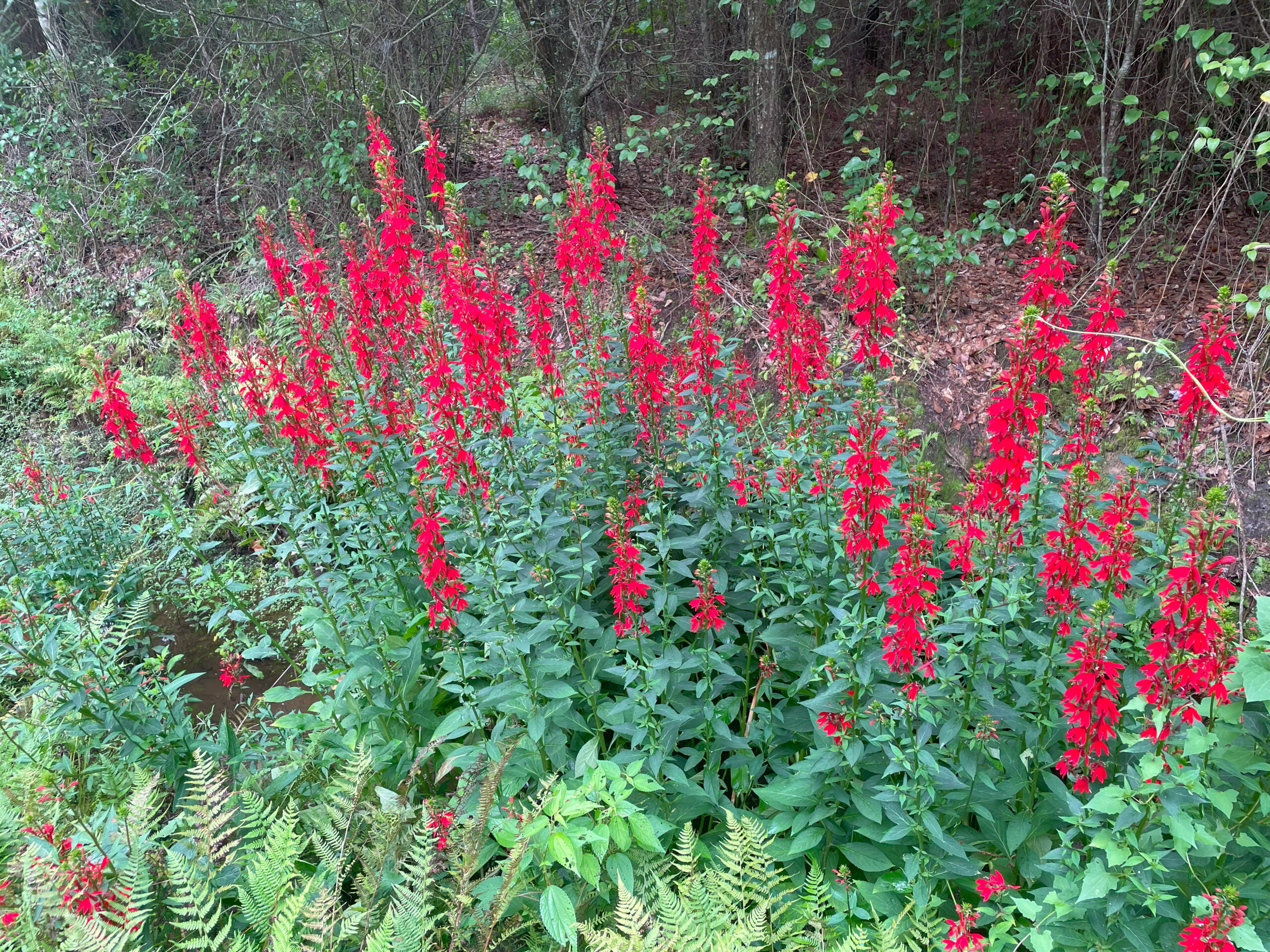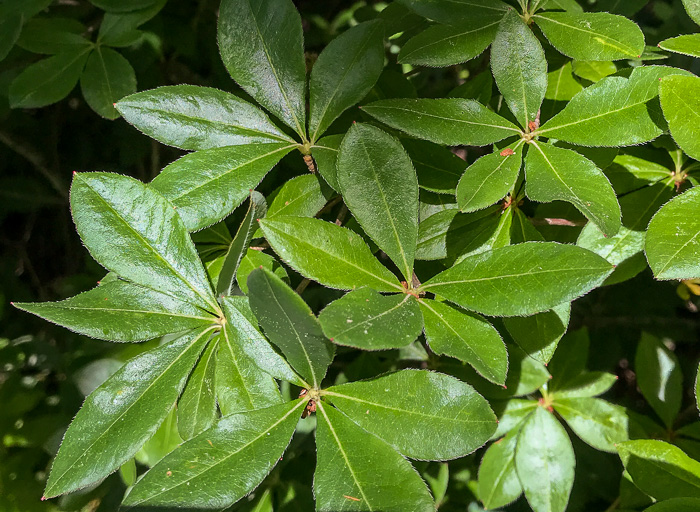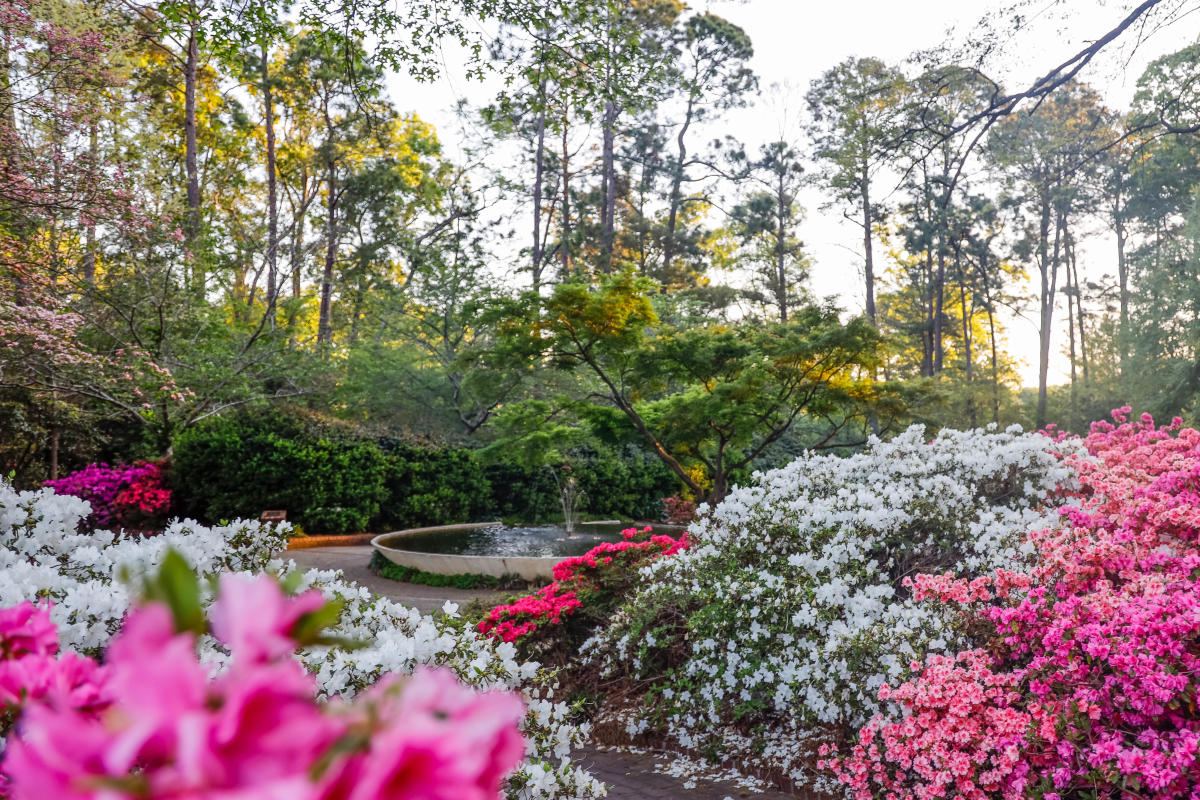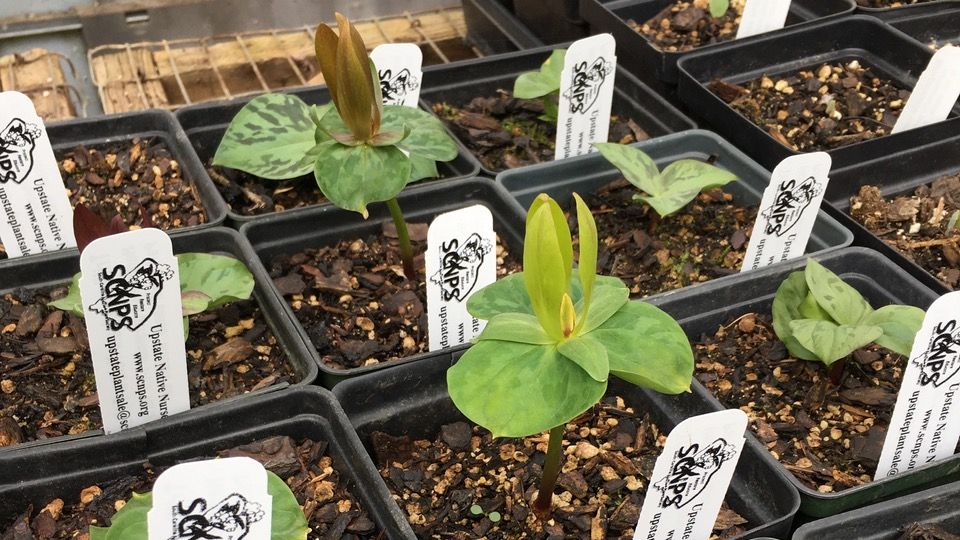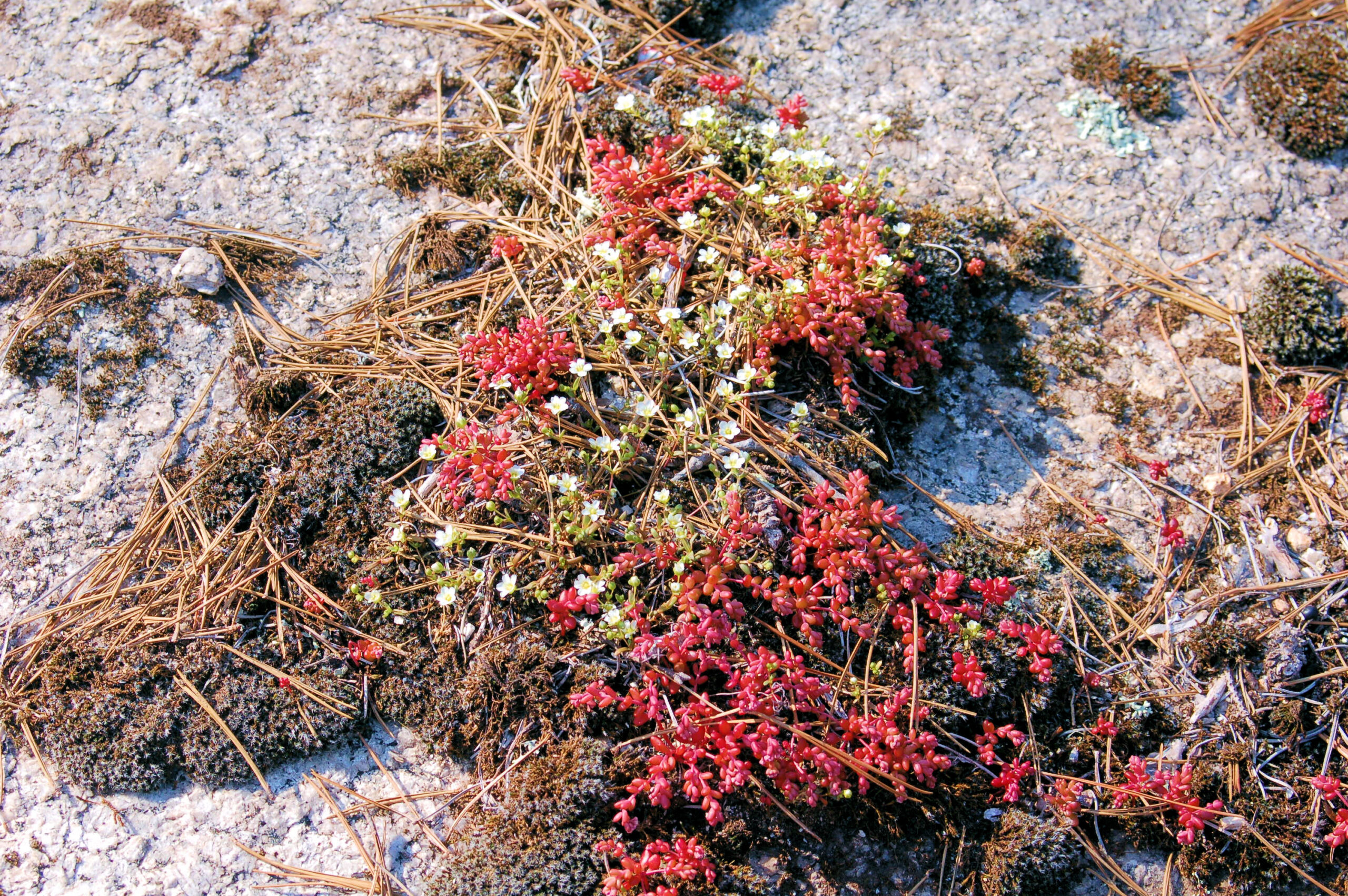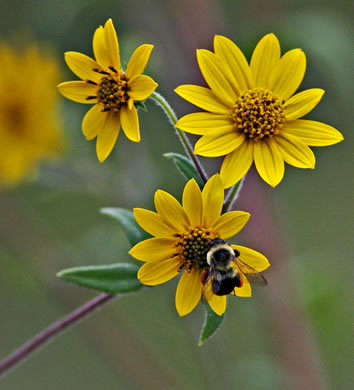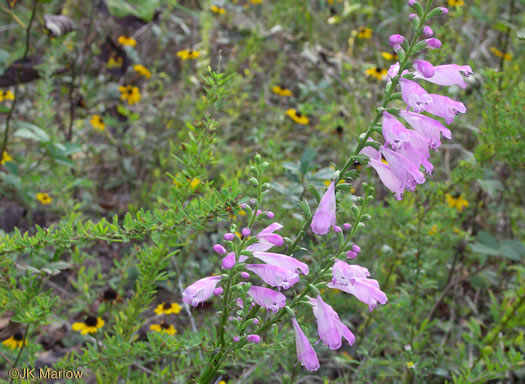Native Plants in the Piedmont Region
About the Piedmont Chapter
The Piedmont Chapter, located in the northeast portion of the state, is based in Rock Hill, SC (York
County) and provides outreach and service to members in seven Piedmont counties (Chester, Fairfield,
Lancaster, Kershaw, Chesterfield, Cherokee, and Union). The area falls primarily within the Southern
Outer Piedmont ecoregion, but also includes portions of the Carolina Slate Belt, the Kings Mountain range,
and Sand Hills. Although a highly developed region of South Carolina, there are many areas of special
interest within the Piedmont Chapter’s reach, including more examples of Piedmont Prairies than any
other area of the state with many including the endangered Schweinitz’s Sunflower (Rock Hill Blackjack
Heritage Preserve, Dottie Metzler Prairie at Anne Springs Close Greenway, Brattonsville Prairie,
Crowder’s Prairie, etc.). In addition, the region includes exposed granitic plutons (Forty Acre Rock
Heritage Preserve and the Clover Pluton), South Carolina’s largest protected population of Rocky Shoals
Spider Lilies (Landsford Canal State Park), examples of Piedmont monadnocks (Nanny Mountain, Kings
Mountain, and Crowder’s Mountain), and two extensive river systems, the Catawba and the Broad.
Chapter Field Trips
Led by local naturalists and botanists, Piedmont Chapter field trips are offered throughout the Piedmont ecoregion with occasional forays into the Midlands and Upstate. Field trips are scheduled on Saturday mornings during the spring (February through May) and fall (September through November).
Chapter Programs
The Piedmont Chapter hosts In-person educational programs on the 4th Tuesday night of summer months (June through August) at the Glencairn Gardens Learning Center in Rock Hill, SC or the Carole Ray Dowling Room at USC-Lancaster. Refreshments and socializing begin at 6:00 p.m. with the program offered at 7:00 p.m. All programs are free and open to the public.
Native Plant and Seed Exchange
The Piedmont Chapter hosts a members-only native plant and seed exchange each year in conjunction with a chapter social event.
Chapter News
The Piedmont Chapter publishes an emailed seasonal newsletter 4-6 times each year with event reminders emailed monthly. The chapter currently does not have a Facebook page or other social media outlet, but events are posted on the SCNPS online Events Calendar. To subscribe to the chapter newsletter or get the most up-to-date event information, please contact us by email at scnps.piedmont@gmail.com.
Community Service & Volunteer Opportunities
The Piedmont Chapter adopts at least one community service project each year. In 2022, the chapter designed and installed a native plant pollinator garden at Bethelwoods Camp & Conference Center in York, SC. In 2023, chapter volunteers along with volunteers from the Catawba Master Naturalists and Anne Springs Close Greenway, rescued approximately 500 Schweinitz’s Sunflowers which were in the path of new school construction in Fort Mill, SC. Plants were distributed to the Catawba Nation for replanting on their reservation, to a Catawba Lands Conservancy property in Gaston County, NC, for their Piedmont Prairie restoration site, and to Winthrop University for distribution to others at a later date. In addition, the chapter participates in multiple community outreach events each year including the York County Master Gardeners’ Joy of Gardening Symposium, Lancaster County Ag + Art Tour, Katawba Valley Land Trust’s Toast to the Trees, and Lily Fest at Landsford Canal State Park.
Chapter Contacts
For additional information about the Piedmont Chapter or questions about any chapter event, contact Mitzi Stewart, Chapter Coordinator, at scnps.piedmont@gmail.com or call 803-984-1531.
Members get the opportunity to be the first to sign up for field trips, and early access to plant sales. As a member, you will be an integral part of an organization that plays a critical role in protecting and preserving our state’s natural habitats. SCNPS is an advocate with a strong record across the state for the preservation and restoration of sustainable landscapes that support the life of not just essential flora and fauna, but of all of us. We are in the field, in courtrooms, and everywhere in between, and the stronger our membership, the louder our voice.
Join Us
